BUI Defense Attorney In Fort Lauderdale
Free Consultation
Broward County BUI Attorney
Boating under the influence (BUI) is a significant charge in Florida. Under Florida Statute 327.35, it is illegal to operate your vessel under the influence of drugs or alcohol. If your blood alcohol level registers at .08 or higher, or if you are piloting your boat with impaired faculties, you can be convicted of BUI. Although a first offense is a misdemeanor, it is crucial to retain the services of an experienced Fort Lauderdale BUI lawyer, as BUI can be elevated to a felony with three offenses within 10 years or if you cause an accident resulting in severe injury or death.
BUI Resembles DUI in Florida
The BUI statute closely mirrors the DUI statute in terms of what the state must prove. Both offenses constitute misdemeanors for a first offense unless someone sustains injuries. Subsequent convictions carry enhanced penalties. Both mandate probation and attendance at a substance abuse program. The court will also immobilize the vessel for ten days, akin to the DUI statute, which entails a ten-day immobilization.
Is Your Driver’s License Suspended for a BUI?
Your driver's license will not be suspended for refusing a blood, breath, or urine test. However, there is a civil penalty of $500, as indicated by our Fort Lauderdale BUI lawyer. A refusal can be used against you in court, but you can contest it by requesting a hearing with the clerk of court within 30 days. If you fail to pay the civil penalty within 30 days and do not request a hearing with the clerk, operating a vessel becomes a first-degree misdemeanor.
Penalties for a First BUI
Upon a first-time conviction for boating under the influence, you will incur the following penalties:
- A fine ranging from $500 to $1,000
- Probation and a potential six-month jail term
- 50 hours of community service
- 10 days of vessel immobilization
- Additional conditions as determined by the court
Challenge Your Charges With an Experienced BUI Lawyer in Fort Lauderdale
If you find yourself arrested for operating a boat under the influence, it is imperative to secure the services of an experienced and proficient BUI lawyer to mount a compelling defense on your behalf. As previously mentioned, the penalties for boating under the influence can be substantial, including the prospect of incarceration. Consequently, these charges should not be taken lightly.
